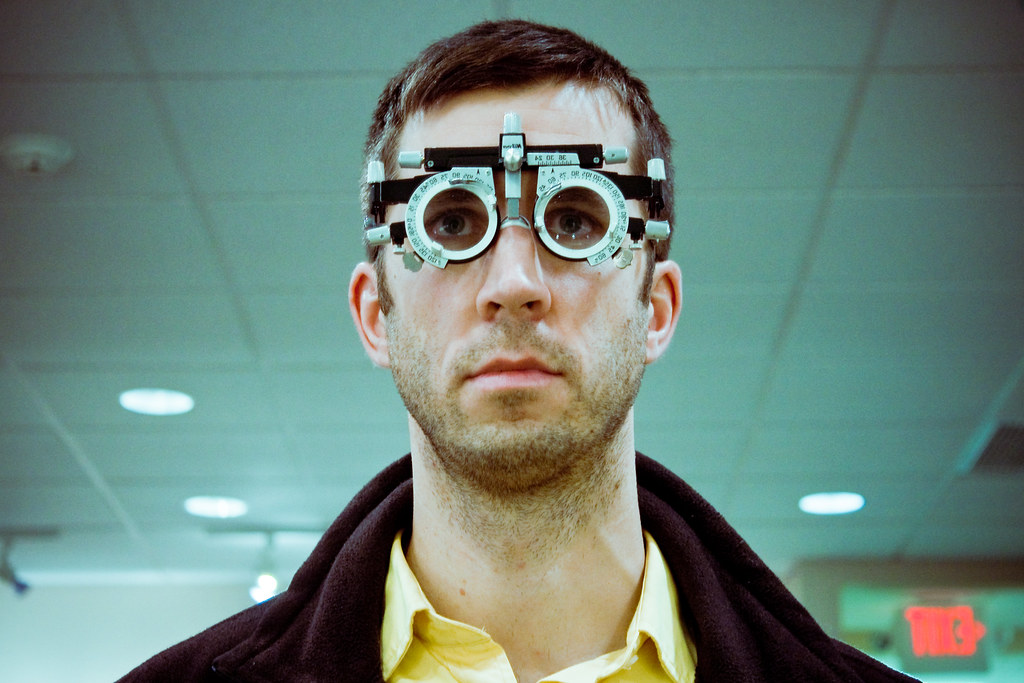Eye exams help to maintain overall eye health and support clear vision. While some may overlook routine vision checkups, they play a fundamental role in identifying issues early and preventing future complications. Here are four primary reasons why regular visits to an eye doctor are beneficial:
1. Prevent Vision Loss
Vision loss can limit independence and reduce the ability to perform daily tasks. Many eye conditions that lead to permanent vision loss, such as glaucoma and diabetic retinopathy, do not present noticeable symptoms in their early stages. Regular eye exams allow for identifying and managing these conditions before irreversible damage occurs.
Comprehensive eye screenings often detect subtle changes in eye pressure, retinal health, or blood vessels within the eyes, all of which may signal the onset of serious conditions. By addressing these issues promptly, vision loss can often be slowed or even prevented entirely. Early intervention safeguards eyesight and minimizes the need for invasive treatments in the future. Routine eye screenings act as a preventive measure for maintaining long-term eye health.
2. Address Vision Problems
Addressing vision problems through regular eye exams may prevent undetected issues from worsening. Subtle vision changes may not always be immediately noticeable. They can significantly impact daily activities such as reading, driving, or using digital devices over time. Conditions like myopia and hyperopia can progress, and without proper intervention, they may lead to increased dependency on stronger corrective measures.
Untreated refractive errors may cause secondary problems, including headaches, neck pain, and chronic eye fatigue. Comprehensive eye exams also help identify less common but serious conditions affecting depth perception and overall visual balance. Early diagnosis and treatment of these issues enable better long-term outcomes for visual health.
3. Detect Eye Diseases Early
Many conditions, such as glaucoma and macular degeneration, often develop without noticeable symptoms in their initial stages. When vision problems become apparent, significant and irreversible damage may have already occurred. Comprehensive eye exams utilize advanced diagnostic tools that allow eye care professionals to visualize the internal structures of the eye in detail.
These technologies enable the identification of subtle changes, often well before they affect vision. Early diagnosis allows for timely intervention, such as the use of medication, laser treatments, or surgical procedures, to slow disease progression and preserve sight. Regular eye screenings are key for high-risk populations, including older adults and those with a genetic predisposition to eye diseases.
4. Maintain Overall Eye Health
Beyond detecting problems, eye exams provide personalized guidance for maintaining healthy eyes. An eye specialist can recommend strategies to reduce strain, especially for individuals using digital screens for extended periods. They may suggest specific lifestyle adjustments, such as using protective eyewear or adequate hydration. A comprehensive evaluation makes sure that primary eye structures, including the retina and optic nerve, are functioning as expected. This contributes to your long-term eye health while supporting overall well-being.
Schedule Your Comprehensive Eye Exams Today
Routine eye screenings have numerous advantages, from preventing vision loss to maintaining overall eye health. Whether addressing an ongoing vision problem or taking preventative measures, visiting an eye doctor is reliable for promoting clear and healthy vision. Schedule your comprehensive eye exam today for professional guidance and personalized eye care.

